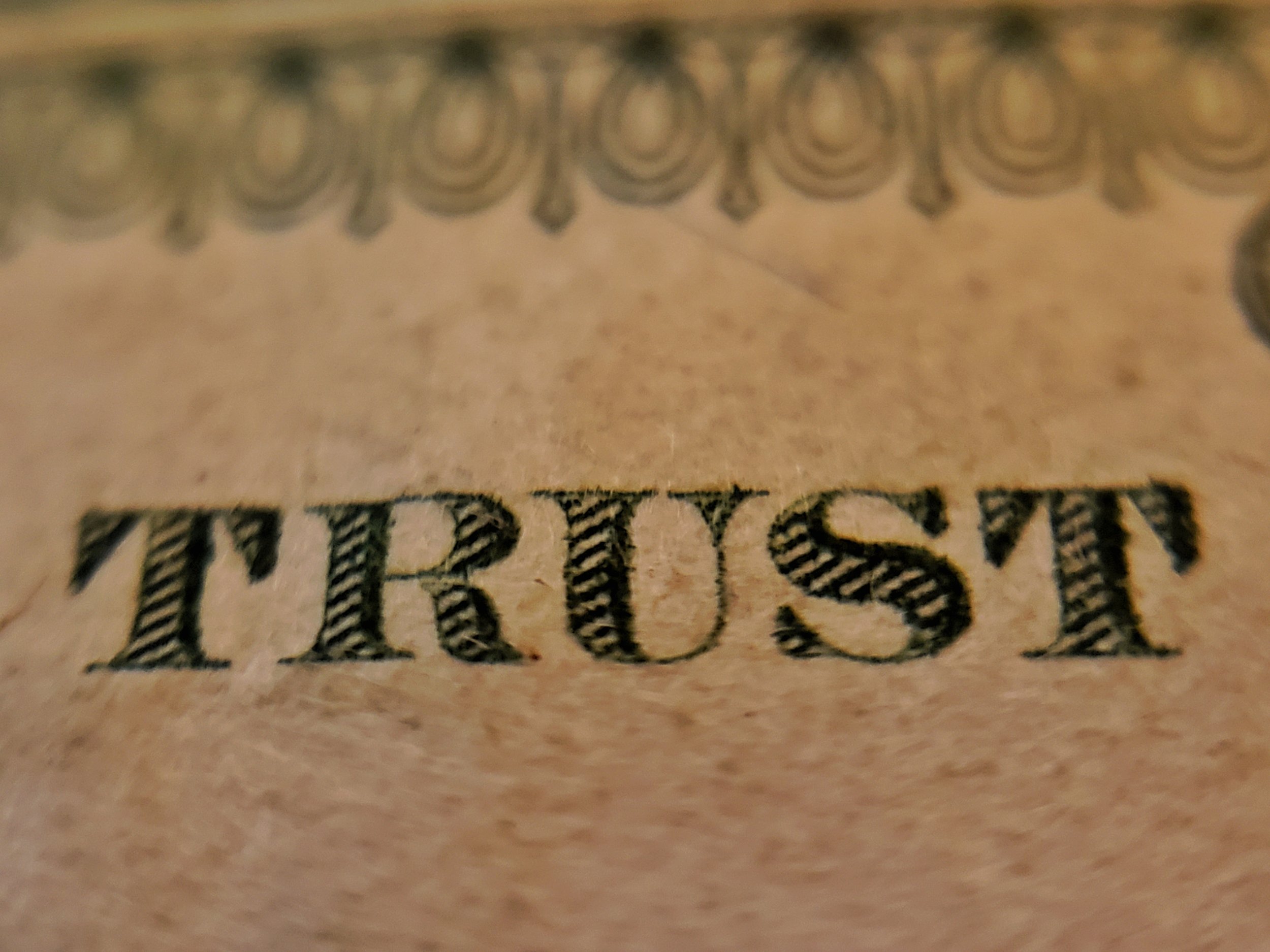
My name is Danny. Student. Teacher. Writer. Athlete. Obsessed with how people think, learn, and make decisions.
I write on self development, making better life decisions, doing hard shit, falling down, my jiu-jitsu journey, and a few other odds and ends.
Recent Blog Posts
Then, as it is now, many leaders feel frustrated by the need to do “something,” without necessarily knowing what that should be. What to do is not clearly laid out for us. We lack the resources or ability to do what is necessary. And there is no telling what the future holds. Fortunately, there are actions we can always take:
1) Take time to pause and reflect before acting;
2) Return to the basics; and
3) Give people the first step on the path.
You don’t have time to build trust during a crisis. So before the next crisis comes—and it will—leverage these leadership behaviors to establish trust in your teams to weather whatever adversity comes next.
Part of being an adult is not only learning how to stand on your own two feet, but crucially, figuring out what your code to a successful life is going to be. That can be informed by what you learned from your parents, but it probably shouldn’t be a word for word copy. You are not them, they are not you, and the world you live in is not the same. Adapt accordingly.
Each and every morning, ere the sun rises, is a chance to begin again.
To be found once more.
By your God. By the Creator. By your partner. By your children. By the people who love you most and who truly see you.
You.
The light you carry.
And the light you hide from yourself.
Last weekend, I turned 31. I can’t say I loved reaching that number. For the first time, I’m starting to accept that living forever might be just outside my reach. Maybe. In any case, here’s 31 things I’ve learned from my time on Earth thus far.
I no longer had the sport that had come to define a good portion of my identity for 17+ years. When work started up after a few months off, I did not return to the routines of an athlete. It was that quick. I occasionally found the energy to workout (maybe a few times a month) and an adult soccer league to pass the time. But I did not find it satisfying.
It seems like everyone has at least one goal to get fitter, healthier, smarter, better, etc. In Thinking in Bets, Annie Duke calls these -ER Goals, (all the above aims ending in -ER). She points out the key difficulty lies not in choosing the goal, or even in the knowledge of how to achieve it, but in the "executing all the little decisions along the way to our goals."







… The argument (with a fair amount of psychological evidence) is that big C creativity requires a certain minimum threshold of personality traits, but that after that, creativity is a skill and an output of consistent, laborious work, as opposed to genius insight. I believe this to be true of leadership, and I present MG as the perfect case study.